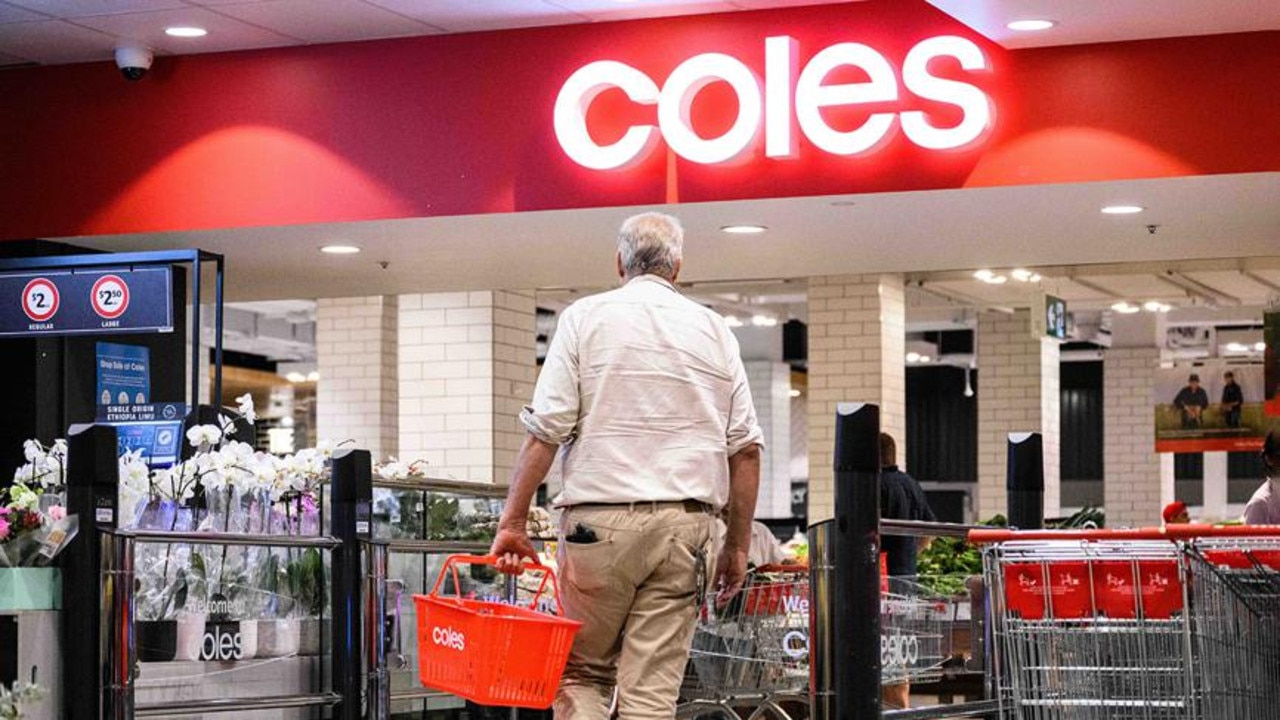WA delivers cost of living relief for households, families, tradies and pensioners
WA Treasurer Rita Saffioti has handed down her first state budget, recording a surplus and big spend for cost of living relief.
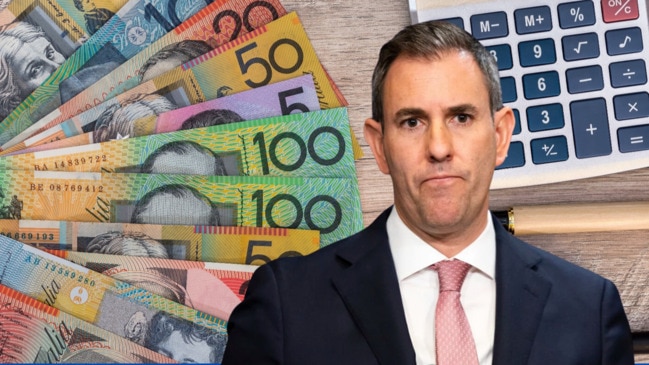
WA News
Don't miss out on the headlines from WA News. Followed categories will be added to My News.
Western Australian Premier Roger Cook and his deputy, Treasurer Rita Saffioti, have handed down their first state budget, delivering $400 electricity credit for every resident and small business.
The power bill relief – the fourth in a row – is part of a $762m spend to deliver cost of living relief, thanks to another operating surplus of $2.6bn for Western Australia.
The government has also delivered a forecasted $3.2bn surplus, which was slightly down on expectations.
Volatility in the commodities market and iron ore price were to blame, which saw the precious metal drop by 30 per cent.
Net debt was lower than forecast at $28.6bn, more than $15bn lower than expected.
Mr Cook said the state budget highlighted how far WA had come and the prosperous future that laid ahead for the state that was “the envy of the nation”.
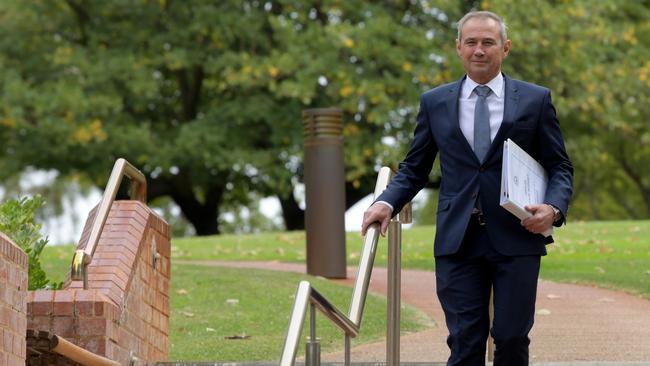
He said the budget delivered on the needs of the state and its strong economy, which had continued to grow and “power the nation”.
Families, seniors, tradies and renters are all set to benefit from this budget which delivered for “every Western Australian, the Premier said.
“We are doing what’s right for WA,” he said.
“Our responsible financial management and strong economy mean we can deliver this support without leaving behind a mountain of debt for future generations.
“Whether you’re in the regions or the suburbs, and no matter your circumstances, we’re providing relief for you and your family – because I’ll always do what’s right for WA.”
Opposition leader Shane Love said the government was gifted a surplus from the hardworking miners and other sectors in WA who delivered a “bonanza” to the state’s economy.
He said the government had failed to take on any new ideas and failed to translate that wealth into meaningful reform in WA so it could continue to prosper into the future.
“Despite a large amount of money went into the coffers, and net debt will rise under this treasurer, net debt will rise because the treasurer is unable to control the cost of the projects she is slowly delivering across WA,” he said.
Mr Love called the electricity credit a “sugar hit to families” but said it did not address the ever growing costs being endured by families brought about by the housing crisis and increasing fees.
“There is no meaningful investment to see that the business sector rises to the future,” he said.
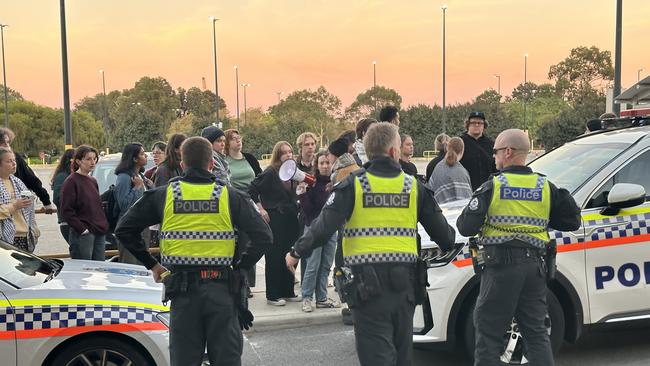
Shadow Treasurer Neil Thomson said this budget showed the government was tired and out of ideas.
“Less than a year away from the next election we see more bandaid measures and an attempt to paper over the cracks of neglect and disinvestment in services that really matter to Western Australians,” he said.
“How can it be in a state as rich as WA that we have a health system that is on life support, we have 10,000 children waiting to see a pediatrician.
“Two years it takes to see a pediatrician — it is a damning indictment on this government.
“How can it be that we have 50,000 hours of ambulance ramping, five times more than when this government came in.
“How can it be that we have mums and kids sleeping in tents and cars with a housing crisis that continues to get worse and worse, and longer and longer.
“How can it be that in a state as rich as WA that we have a law and order crisis? We have the highest rate of violent crime in Australia, you are twice as likely to be assaulted in WA than any other state.
“We are the violent crime capital of Australia, the police are leaving in droves, this government has failed to deliver on the extra police it promised the people of WA.”
Economy
Since 2018, the WA government has received a bigger slice of the GST allocation which has helped it continuously record a net surplus.
While other premiers try to fight for shake-up of the GST carve up, the WA government – which is a vital battleground for the federal election – has been given assurances from the federal government that there won’t be any changes to the agreement, which will increase to 75 per cent of populations share this financial year.
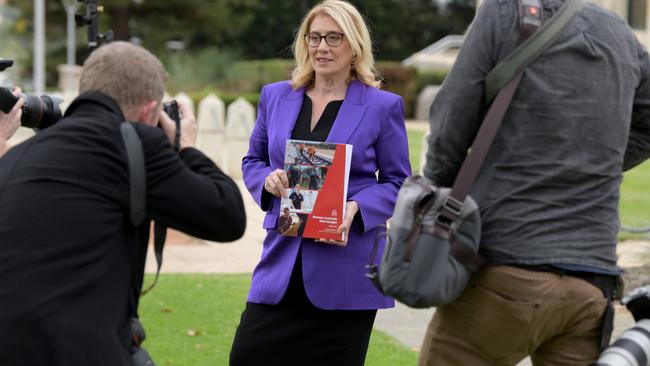
The WA economy grew by 4.7 per cent, which was the strongest of any state or territory and twice the pace of national growth.
It is expected to grow another 3 per cent each year over the next four years, including 3.25 per cent in 2024-25.
Over the past five years, WA has accounted for more than 20 per cent of national economic growth, almost double its population share, with the state delivering about 50 per cent of the nations exports generating $260bn in wealth for the nation.
Since the WA Labor came into government more than 300,000 jobs have been created, seeing a record 1.6 million Western Australians in jobs, and an unemployment rate of 3.4 per cent, the lowest in Australia.
To keep growing and diversifying the state’s economy the government will invest $1.8bn and “position WA into a clean energy powerhouse”.
The Strategic Industries Fund be topped up with $500m to develop new industrial areas around the Perth metro area and in the regions.
The funding will see land be made available for renewable hydrogen, critical minerals processing and other job-creating industries.
New spending of $195m has also been invested into building the state’s skilled workforce to ensure more Western Australians have jobs for the future.
The state will also throw $25m to help WA secure “blockbuster” events and bolster the state’s reputation as an events destination.
They will also spend an additional $77m to secure major homegrown events.
Cost of Living
Cost of living issues are also affecting the resource-rich state, which will see the Cook government invest $762m in relief to families across the state.
Every household in WA will receive a $400 credit on their electricity bill, which will increase by 2.5 per cent in 2024-25, along with water costs.
“We’ve always been clear that cost of living is a key focus for our government, and have now delivered more than $3.5bn in cost-of-living assistance since 2019-20,” Ms Saffioti said.
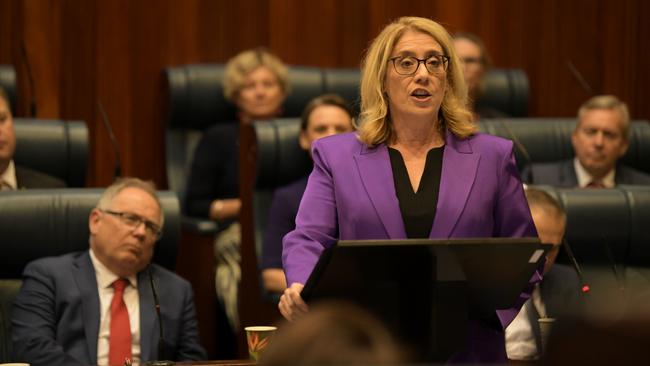
“This $762m package in new support for families builds on the raft of measures we’ve
already announced or implemented to ease the pressure on Western Australians.
“These initiatives put more money back in the pockets of households, as well as provide them
with cheaper travel – whether it’s our pensioners and families in the regions, public transport
users in the metro area or schoolkids right across the state.”
Additional support will be available to pensioners, veterans and Health Care Card holders who will receive an extra $734 in assistance helping about 300,000 households across the state.
Families with kids in school will receive an assistance payment of $150 for each child in kindergarten or primary school and $250 for each student in high school.
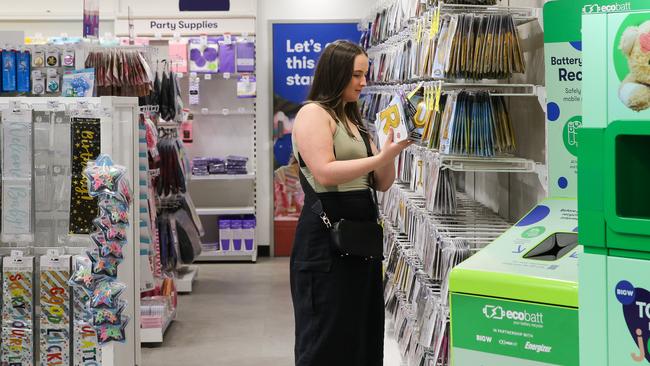
Pensioners in regional WA will also receive a $20.3m boost to their Regional Pensioner Travel
Cards which will increase in value by $100 to $675 per year on July 1.
The card enables pensioners to travel more freely in regional areas where public transport is limited.
Public transport costs will be increasing by 2 per cent on July 1, but students will continue travelling for free.
Other household expenses going up are motor vehicle expenses which will increase by 3.9 per cent which will see car regos increase to $447.56 this coming financial year.
Food relief organisations such as Foodbank, OzHarvest and Second Bite will receive $500,000 each to put food on the tables of families struggling with increased living costs.
Other initiatives to help relieve cost of living for households is free or subsidised TAFE course fees.
If you live in the northwest, or plan on travelling to the area, airfares will be subsidised through the state government’s Affordable Airfares Program.
Now in its sixth year, the program lowers airfares between Perth, Broome, Kununurra and
Exmouth on Virgin, Qantas, Airnorth and Nexus Airlines.
Housing
Housing pain is challenging the state, which has been largely caused by record population growth and people migrating to WA from overseas and interstate.
“We need more homes,” the treasurer said.
The state government will invest $1.1bn into housing to increase supply, make housing more affordable and boost homelessness services.
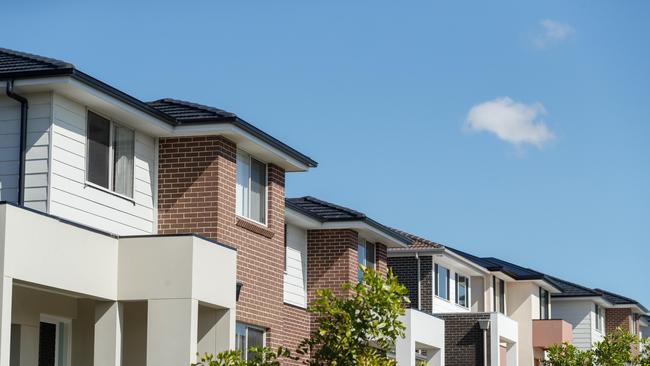
About 5000 first home buyers will benefit from changes to stamp duty concessions which will be available to homes valued up to $600,000.
First home buyers will not pay transfer duty on homes valued up to $450,000, saving them about $15,390.
The government has promised to inject $840m into social and affordable housing and homelessness initiatives.
Homelessness support services have experienced a huge spike in demand during the housing crisis, with Perth’s vacancy rate sitting at just 0.4 per cent in March this year.
The money will be used to increase supply and boost funding for homelessness support services to try and get more people into permanent accommodation.
To help bring more properties into the long-term rental market a new Vacant Property Rental Incentive Scheme will be allocated $5m.
The scheme offers payments to owners of up to 1000 vacant properties who are willing to provide a minimum 12-month lease agreement to new long-term tenants.
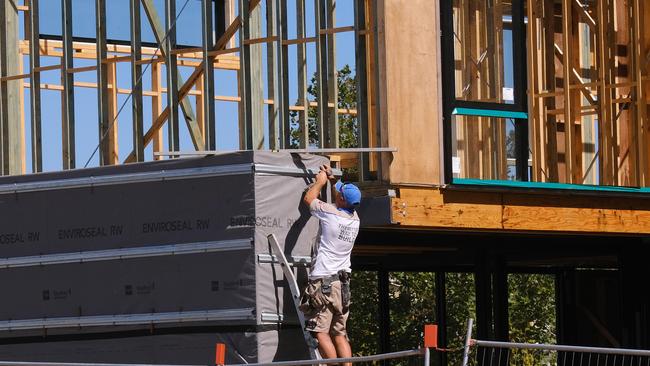
Employers of apprentices can also receive a grant of $15,000 or $12,500 depending on what year of the apprenticeship their employee is in and a bonus rate if they employ females or mature aged apprentices or trainees.
To help the state meet housing demand, apprentices in the building and construction industry are set to benefit from $52.3m to help them finish their qualifications.
Eligible apprentices will receive $1000 each time they complete a milestone throughout their training. They are also entitled to a $1000 rebate to buy tools and safety equipment at the start or end of their apprenticeship.
Health and mental health
A record $3.2bn will be invested into health in 2024-25 with $260m allocated toward mental health, alcohol and other drug services.
More than $1.2bn will be used to improve WA’s public health service and $839m will go towards infrastructure spending.
The statement emergency department access and long-stay patient initiatives across health and mental health will benefit from $154.6m.
The state has allocated $60.9m to transform child and adolescent mental health services, which was a recommendation made by the Infant, Child and Adolescent Taskforce.
Education
Education will receive $6.8bn in funding, an increase of more than $220m from last year.
The money will be used to ensure schools have staff and resources to meet demand, helping students with disabilities, school upgrades, new schools and other initiatives.
Family and domestic violence
An additional $96.4m has been allocated towards the prevention of family and domestic violence.
Most of that money will be used to expand the operations of a Family and Domestic Violence Response Team and establish a ‘one stop hub’ for women and children.
Creative arts
The state’s biggest creative arts sector employers will also receive a boost of $5.9m over the next two years which will see organisations such as the West Australian Ballet Company, Opera Company, Symphony Orchestra benefit from funding.
Originally published as WA delivers cost of living relief for households, families, tradies and pensioners


